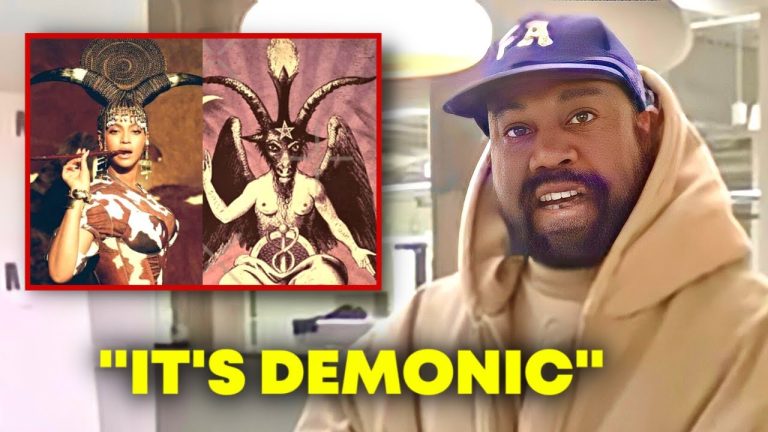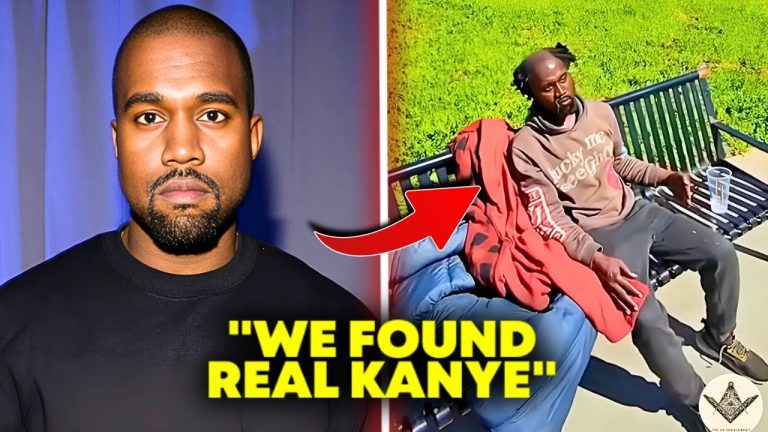Lars Ulrich has finally broken his silence on one of the most painful chapters in Metallica’s history—the explosive standoff with Jason Newsted that culminated in the bassist’s shocking departure in 2001. Speaking candidly in a recent interview, Ulrich revisited the volatile mix of ego, insecurity, and creative tension that boiled over two decades ago, forever altering the trajectory of the world’s most iconic metal band.

Newsted’s entry into Metallica in 1986 was nothing short of baptism by fire. Just months earlier, the band had suffered the devastating loss of Cliff Burton, their beloved bassist, who died in a tragic bus accident in Sweden. To step into Burton’s shoes was a nearly impossible task, and though Newsted proved himself musically, the shadow of Cliff loomed large. Behind the scenes, he often felt like an outsider, his artistic voice muted in a band still grieving and grappling with its own identity.
Despite his dedication, Newsted’s years in Metallica were marked by subtle slights and unspoken resentments. He was famously hazed, his bass lines buried in the mix of …And Justice for All, and he struggled to gain equal footing in the band’s creative process. These frustrations simmered quietly until the late 1990s, when Newsted sought an outlet for his unexpressed creativity through a side project called Echobrain.
At first, Echobrain seemed harmless—a personal experiment outside the shadow of Metallica. But when the project began attracting serious industry attention, tensions erupted. To James Hetfield, already protective of Metallica’s brand and wary of anything that might fracture the group, Echobrain represented a direct threat. In a fateful band meeting, Hetfield delivered an ultimatum: Jason had to choose between his loyalty to Metallica or his pursuit of Echobrain.

For Newsted, it was a devastating blow. After years of feeling marginalized, the ultimatum confirmed his worst fears—that his creativity was unwelcome within the band he had given everything to. Torn between self-expression and duty, Newsted made the painful decision to walk away. On January 17, 2001, Metallica announced his resignation, shocking fans around the globe and leaving the future of the band in doubt.
Ulrich now admits that the fallout from Newsted’s departure nearly broke the band. The years that followed were some of Metallica’s darkest: Hetfield entered rehab for alcohol addiction, the group spiraled into bitter infighting, and their struggles were laid bare in the raw, uncomfortable documentary Some Kind of Monster. For many fans, it seemed as though the band that had once embodied unshakable brotherhood was on the brink of implosion.
Looking back, Ulrich acknowledges that Metallica could have handled the situation differently. “We were too insecure to let Jason have that freedom,” he reflected. “We saw Echobrain as abandonment when, really, it was just him trying to express himself.” Though neither Ulrich nor Hetfield has issued a direct apology for the ultimatum, there is a sense of regret woven into their recollections—a recognition that their rigidity cost them more than they realized.

For his part, Jason Newsted has found peace outside of Metallica. He has repeatedly stated that he has no regrets, affirming that leaving was the only way to preserve his health and artistic integrity. Over the years, he has reunited with Metallica for select performances, including their Rock and Roll Hall of Fame induction in 2009, gestures that suggest time has softened old wounds even if the scars remain.
Today, fans still debate whether Hetfield’s ultimatum was justified or an overreach 𝐛𝐨𝐫𝐧 of fear and control. Could Metallica have embraced Newsted’s side project and maintained unity? Or was the clash inevitable, given the volatile mix of personalities and pressures inside the band? Whatever the answer, the “Echobrain standoff” has become one of the most pivotal—and painful—episodes in metal history, a cautionary tale about the fragile balance between loyalty, creativity, and survival at the highest level of fame.
As Ulrich reflects on those turbulent years, one truth remains undeniable: Jason Newsted’s departure didn’t just fracture Metallica—it forced them to confront their demons, nearly destroying them, but ultimately reshaping the band into what it is today. The echoes of that conflict still resonate, a stark reminder that even legends are not immune to the struggles of trust, ambition, and the heavy price of success.






